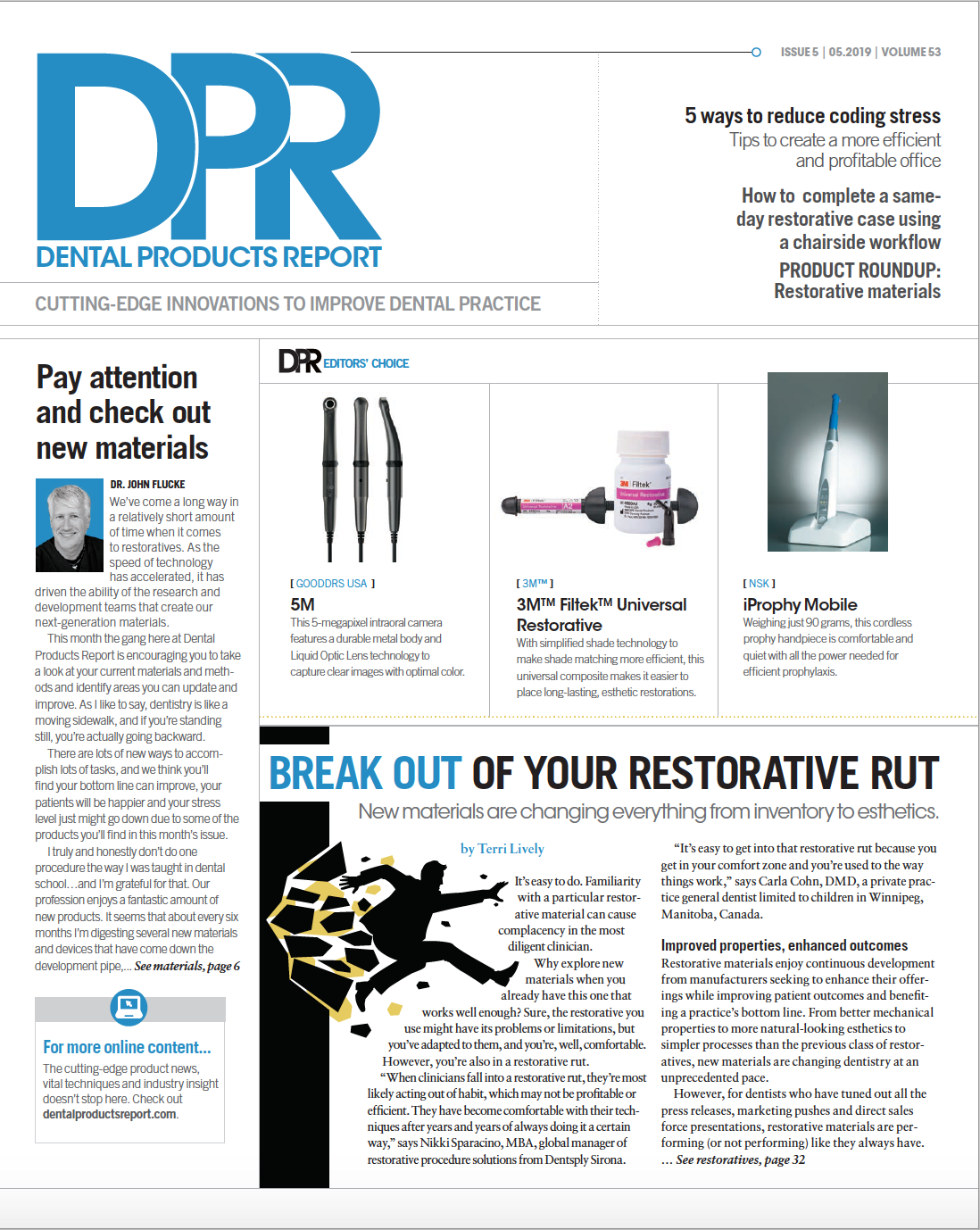Is it time for your practice to run a network assessment?
As your network grows, the likelihood of hidden issues increases.

Most dentists I communicate with are very aware their personal computers literally have a life of their own. Like children, the older they get, the more prone they are to rebelling, which takes the form of a general decline in performance and often an increase in the frequency of crashes and frozen screens. That’s because your personal computer changes every single time you go online, create new documents, import new files, open an email, install or delete an application, run a patch or a software update, or connect a new peripheral. Everything you do is additive to that computer.
Even if you’re running updated virus protection software and malware filters behind a solid internet firewall (you DO have a firewall, right?), you’re still going to need to give your personal computer a professional tune-up every so often to get it back into peak operating performance. It’s no different than putting a patient on a three- to six-month recall schedule; we do that so we can catch problems at an earlier stage and be more proactive in how we handle those issues. The recommended frequency of your tune-ups will vary depending on how active you are with your PC.
The same thing is true with your practice’s network, except multiply the complexity of issues by the number and types of devices you have attached to it. Even the most basic network these days has a firewall, a server or two, a few desktops and laptops, some mobile devices, tablets, sensors, cameras, and probably a couple different operating systems. Maybe you also have a wireless network for patient use, a network printer and a Voice-over-IP (VoIP) phone system. If you think a single PC changes a lot over time, think about all the “moving parts” that make up your entire network!
More from the author: 5 reasons to consider an EDR tool

The bigger your network, the more users who are a part of it, and the greater the likelihood there are hidden issues lurking in the digital nooks and crannies where even seasoned IT pros rarely look. Think about how many people you’ve granted access to your network over the years. Are there any legacy security privileges still part of your network configuration for people who no longer should have access? When’s the last time you checked whether anyone opened an unsecure port to the internet, exposing your practice to potential attacks on your system or theft of proprietary data?
There are dozens of critical security and productivity problems that invariably develop as a network grows and ages. Most dentists have a hard time keeping up and an even harder time tracking down the issues. That’s why we recommend every practice that has a network, no matter how small or simple, regularly runs a simple network assessment scan at least on a quarterly basis. You should have your assessment performed by a qualified network technician who will be able to analyze the results and quickly cure any deficiencies, vulnerabilities and improper network settings. Of course, in the HIPAA era we now live in, it’s just as critical to ensure everything in place meets HIPAA requirements and you’ve taken proper steps to not only identify those deficiencies but to have a treatment plan in place.
When’s the last time you did a network assessment and what did you find? Speak with your IT provider, or feel free to reach out to me personally. It doesn’t really matter who does the assessment, but rather that it gets done on a regular basis by someone who knows what he or she is doing.
